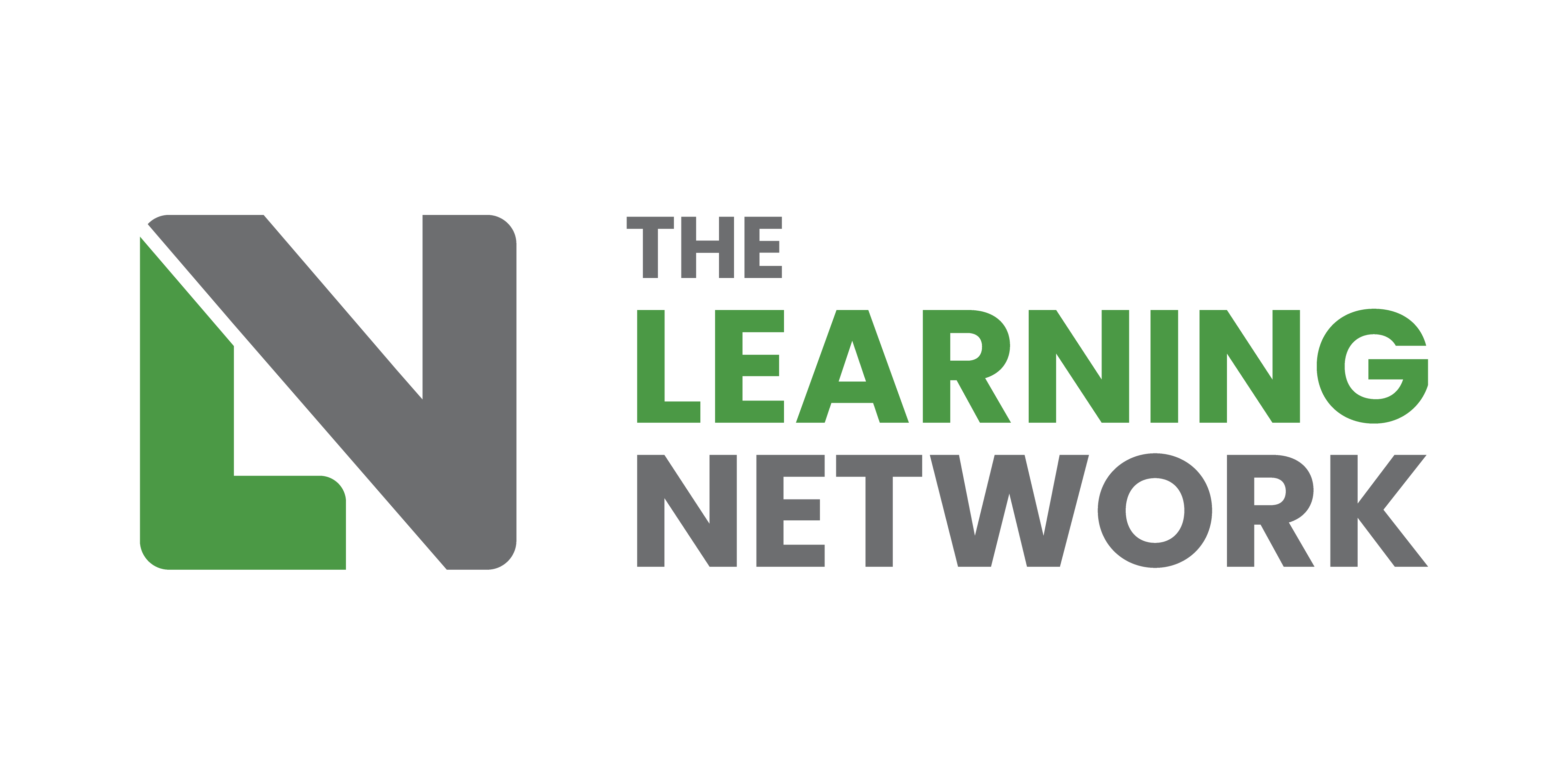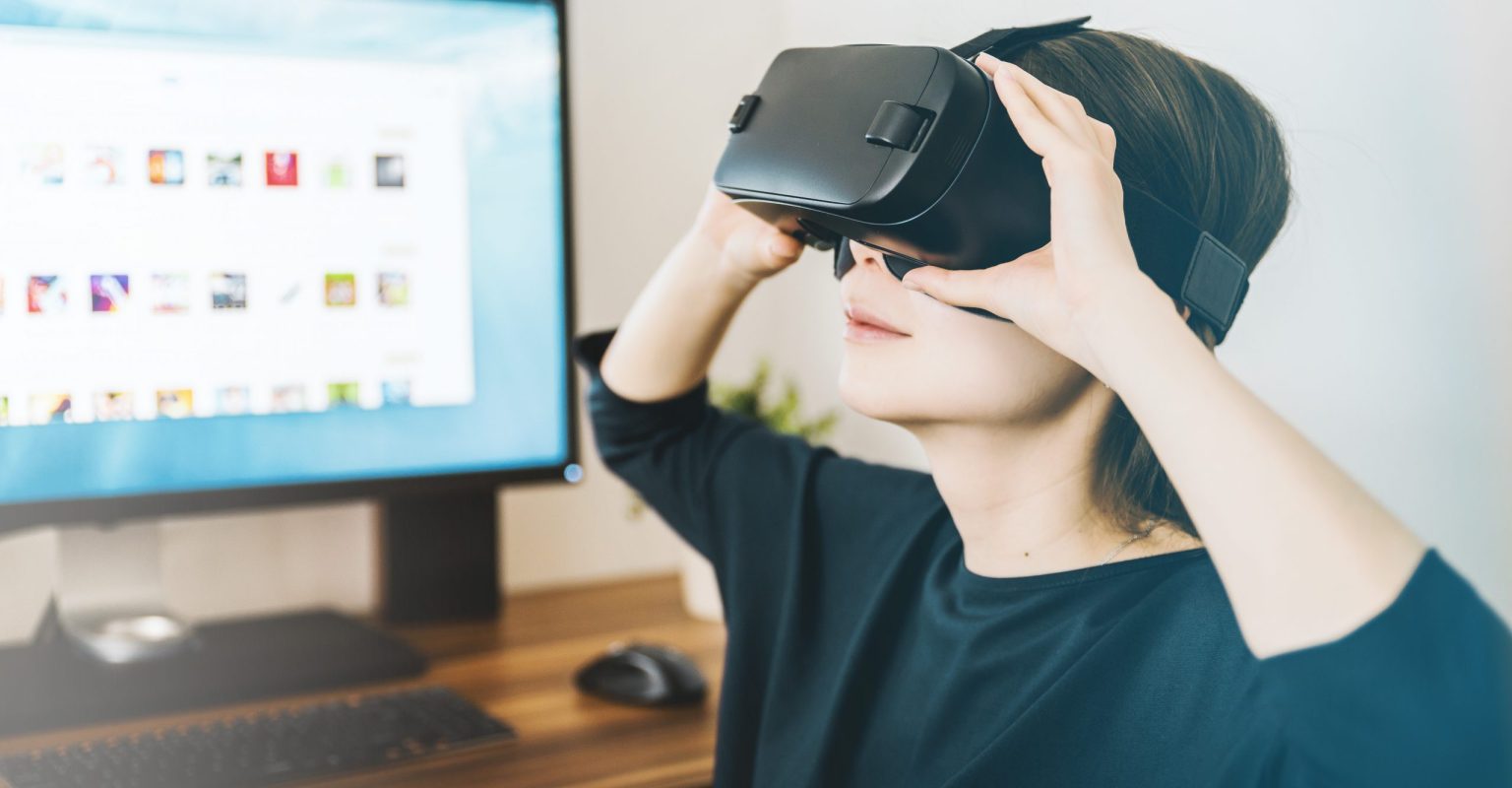From Joan Keevill:
At the end of March I was invited to take part in a breakfast panel discussion in London about this topic by Nucco Brain so my interest was piqued! There was an underlying assumption that VR is effective – but is it? What evidence is there that it’s working and in what contexts? Although I don’t have extensive experience of VR, I do know about learning. So what did I learn on the day?
My fellow panellists had interesting stories to tell: Matthew Scott is developing immersive educational VR for Pearson’s on a commercial basis; Nikoleta Giannoutsou is a research fellow at UCL’s Institute of Education and is using VR with primary school children to develop their conceptual understanding of Maths. I looked for other case studies and contacted Lloyd Dean, Head of Digital & Innovation Learning at EDF who confirmed they have created a VR nuclear power station learning experience which allows learners to immerse themselves in a dangerous environment and which simulates real tasks. This has not only improved how people learn but has reduced training costs by 90%. Find our more here.
It’s easy to see how VR – expensive to initiate, requiring expensive kit – can lend itself to health & safety-based training, but what about other areas? Does the outlay return benefits in, for example, soft skills training? I’m going to see a demo of a leadership VR game – Earth to Mars – this week developed by Claire Masson and Ian Shakeshaft, Learning Innovation and Impact at Headspring Executive Development, part of the Financial Times, so will know more after that. They’ve developed a two-player game designed to explore skills such as communicating under pressure, dealing with the unknown, recovering from failure, negotiation skills and empathy. In the game, one person is in Oculus Go headgear (Mars crew), whilst their partner is on an interactive tablet (Mission Control). There’s a short promo here.
So what’s your experience? The eLN is planning a VR workshop in London in September to explore some of these issues, as well as the skills needed to develop meaningful content. Look out for details on our website later in the year. If you’ve been working on VR solutions, get in touch. We might ask you to write a blog post for us!



